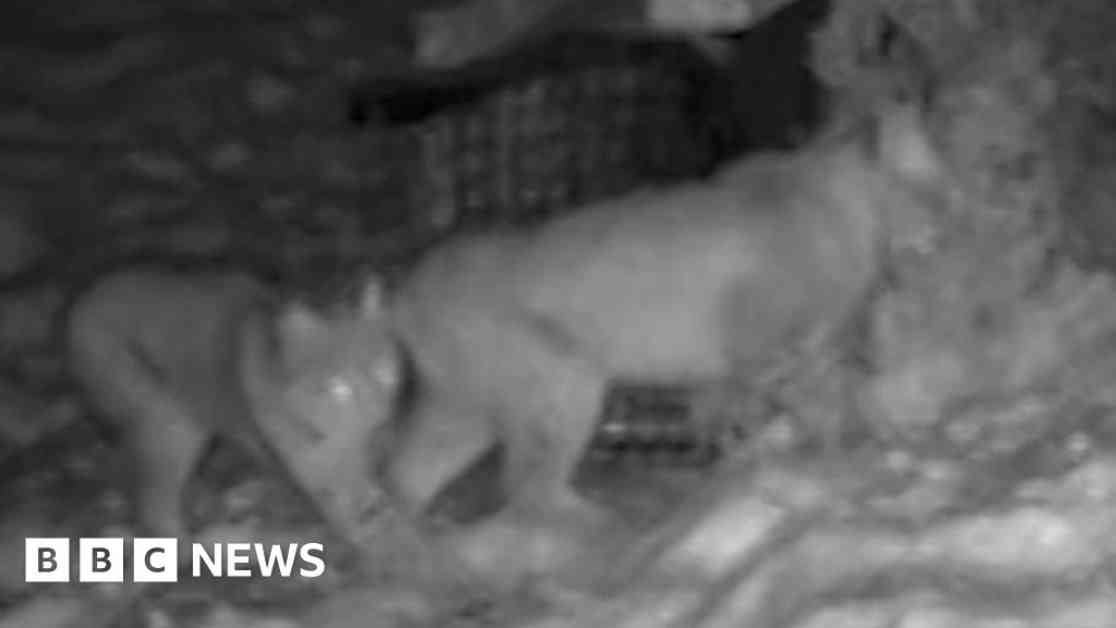Tragic Death of Lynx in Cairngorms: Conservation Concerns Arise
The Royal Zoological Society of Scotland (RZSS) confirmed the heartbreaking news that a lynx captured in the Cairngorms National Park has tragically passed away overnight. The wild cat was one of four illegally released lynx that were found near Kingussie in the Highlands. The animals were humanely captured in pairs in the Dell of Killiehuntly area and transported to the Highland Wildlife Park. The RZSS expressed concerns that the lynx would have been under immense stress after being abandoned in a new and harsh environment.
Search for Answers: Cause of Death Unknown
Head of conservation at the RZSS, Helen Senn, shared that the lynx’s cause of death remains a mystery. A full post-mortem examination will be conducted, but results may take a few days to be determined. Senn emphasized the importance of understanding the circumstances that led to this tragedy, highlighting the risks and challenges faced by these remarkable animals when left to fend for themselves in unfamiliar territories.
Conservation Efforts and Future Care
The surviving lynx from the pair captured on Friday have been relocated to Edinburgh Zoo for a 30-day quarantine period. The RZSS team of expert keepers and veterinarians is dedicated to providing the best possible care for these lynx moving forward. Despite the harsh environment and sudden exposure to the wilderness, efforts are being made to ensure the well-being of these animals.
Deeper Issues at Play: Illegal Releases and Conservation Concerns
The tragic death of the lynx in the Cairngorms sheds light on the challenges of wildlife conservation and the dangers posed by rogue rewilders. David Field, chief executive of RZSS, expressed his concerns about individuals bypassing established protocols and risking the lives of these animals through irresponsible actions. As inquiries continue into the circumstances surrounding the illegal release of the lynx, it becomes imperative to address the broader issues of habitat loss, human-wildlife conflicts, and the need for sustainable conservation practices.
While the story of the lynx’s demise is a somber reminder of the complexities of wildlife protection, it also serves as a call to action for greater awareness and responsible stewardship of our natural world. As we reflect on the lives lost and the challenges ahead, let us strive to uphold the values of compassion, empathy, and preservation for the benefit of all living beings.













